Is.52:7-10; Ps.98:1-6; Heb. 1:1-6; Jn 1:1-18
The “Holy of Holies” has been revealed Alleluia! Alleluia! We rejoice to give testimony for we have been redeemed and receive Him in the fullness of grace and truth. In the past the tabernacle where God’s presence appeared remained covered by a veil that held the Ark of the Covenant containing the Ten Commandments. It is now born in the flesh to bring us glad tiding of comfort and joy.
“The Word became flesh and made his dwelling among us…full of grace and truth”. This is our Holy of Holies. We have been celebrating our Blessed Mother Mary who the angel proclaimed “full of grace” that is without sin in preparation to receive her son Jesus, the Word made flesh to dwell among us, the unblemished lamb, perfect in grace and truth. Jesus is born let us sing his praises. Jesus is the “imprint” of God who walked the earth both human and divine. Jesus is the King of glory. He came and “accomplished purification of sins”. It is done through his birth, death, and resurrection and we are to follow this plan of salvation.
We are born again in baptism, die to ourselves in redemption and rise to new life in grace and truth. “Hail, full of grace!” “for nothing will be impossible for God” do we believe this? King David wanted to build a house for the Lord but the Lord has built his own dwelling place not of stone and pillars but of the flesh. The Holy of Holies has come to transform us into a tabernacle for himself by grace and truth.
Jesus born in a manger received the gifts of the Magi, we are born of water and spirit receive the gifts of grace and truth through him to become children of God. The Lord of salvation has come to save us but he cannot save us without us accepting his gift of redemption. While the world follows its own path seeking to save itself from the evils of disease, injustice, environmental tragedy and asks “where is God?” their eyes remain closed to the radiance of his presence. God is with us with his saving power.
The Lord comes to save us from the evils of sin. Unfortunately, “sin” is not at the top of the world’s concerns at least not until death comes calling and we begin asking “where will we spend eternity?” There is a “dicho” in Spanish “Poco veneno no mata nomas ataranta” translated literally says “a little poison doesn’t kill only staggards”. Often, we have learned to tolerate some sin in our lives as long as we think it does us no harm. Think again.
Jesus saves! He brings “glad tidings, announcing peace, bearing good news, announcing salvation”. This is the joy of Christmas as we receive him into our world, we receive the good news of salvation and the peace of entering into his eternal glory of heaven. If you have seen the 1978 movie Heaven Can Wait, Warren Beatty is mistakenly taken to heaven by his guardian angel and takes on someone else’s body in order to return to live out his time and dream to win a Super Bowl. You can say it is a movie of second chances and we see a God of second, third, fourth and more chances to say “yes, Lord, I repent” before mortal death comes. Why wait? This is the day of his coming into the world and if death should come suddenly, are we ready?
Heaven is a state in which we begin to enter into the Holy of Holies now. When we come to confession there is a healing from heaven. When we receive communion there is a taste of heaven. When we receive the Word there is a beginning of conversion into the divine state for heaven. When we serve God in acts of mercy to our neighbor, the poor, the hungry, the suffering, we build a treasure for heaven. When we gather together in the sanctuary to celebrate Mass, heaven doesn’t wait, it comes in the Spirit and in the body and blood of Jesus.
It is said that in Mass the angels descend and ascend at the altar at the side of the Lord in the Liturgy of the Eucharist. It is being in heaven but not fully yet. Two years ago, in a pilgrimage to Spain during Mass while kneeling during the epiclesis of the Eucharistic prayer I had a vision of an angel sitting on my shoulder. As I was looking at the Host being lifted by the priest, I saw these little feet from the left side of my head and as I turned, I saw a little angel baby that reminded me of the cherubim, sitting on my left shoulder looking to the lifted host. I looked back to the host while still able to see the feet sticking out and at the end of the epiclesis it was gone.
These angels are with us today and we thank our guardian angel who is always with us to guard us and guide us. In the baptism class I will ask the group if they know the prayer to their guardian angel. Unfortunately, few recall it and many have not even heard it. “But do you recall the most beautiful prayer of all (melody)?” No, not Rudolph. I said prayer not Reindeer. The most beautiful prayer is the prayer of the Mass. We have many beautiful prayers in the church tradition but we are losing some of our traditions in a culture of secularism.
It is no longer politically correct to say Merry Christmas, Happy Holidays is the accepted norm. We see slowly the erosion of God out of the culture and the rise of sin in a culture of death with abortion, euthanasia, gender neutrality, and now genome-edited babies with the recent case of a Chinese scientist modifying the genes of twin girls (nature.com, March 11, 2019, “The CRISPR-baby scandal: what’s next for human gene-editing”). Science seeks to enter into the world of creation of life with “Designer babies” but all it can do is manipulate life for true creation comes from God.
Remember heaven doesn’t wait for us, it has entered the world this day in the child Jesus ready to enter our lives in the Holy of Holies, in our daily prayers, and in our daily life when we call upon the Holy Spirit to be with us, when we invite our guardian angel and all the angels to protect us, when we pray to our Blessed Mother to be with us, and when we remember the souls who have already been separated from this world on the journey to heaven in purgatory or celebrating the beatific vision of heaven. In these days of political correctness, we dare to say Merry Christmas to all and to all a blessed day!
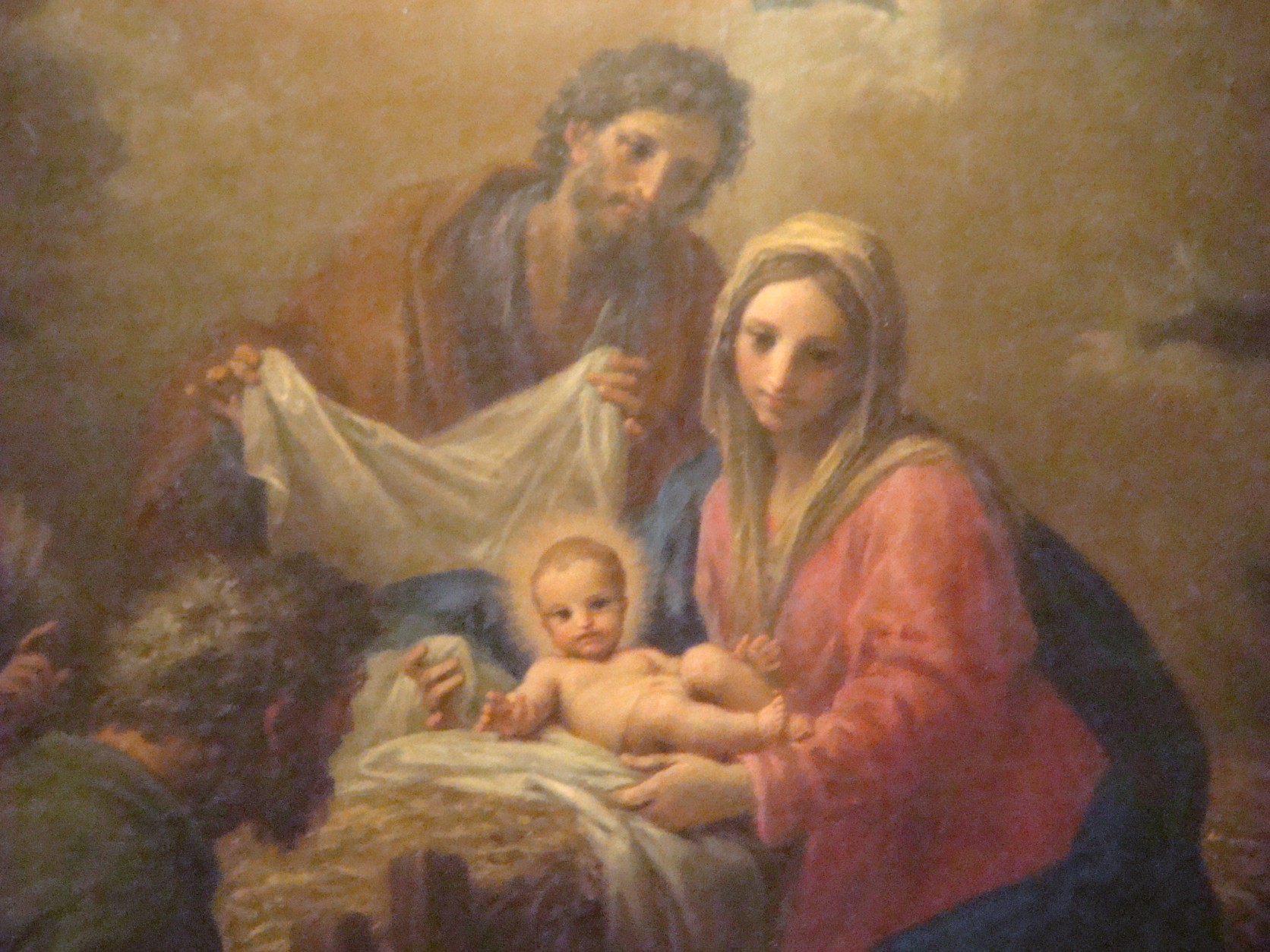

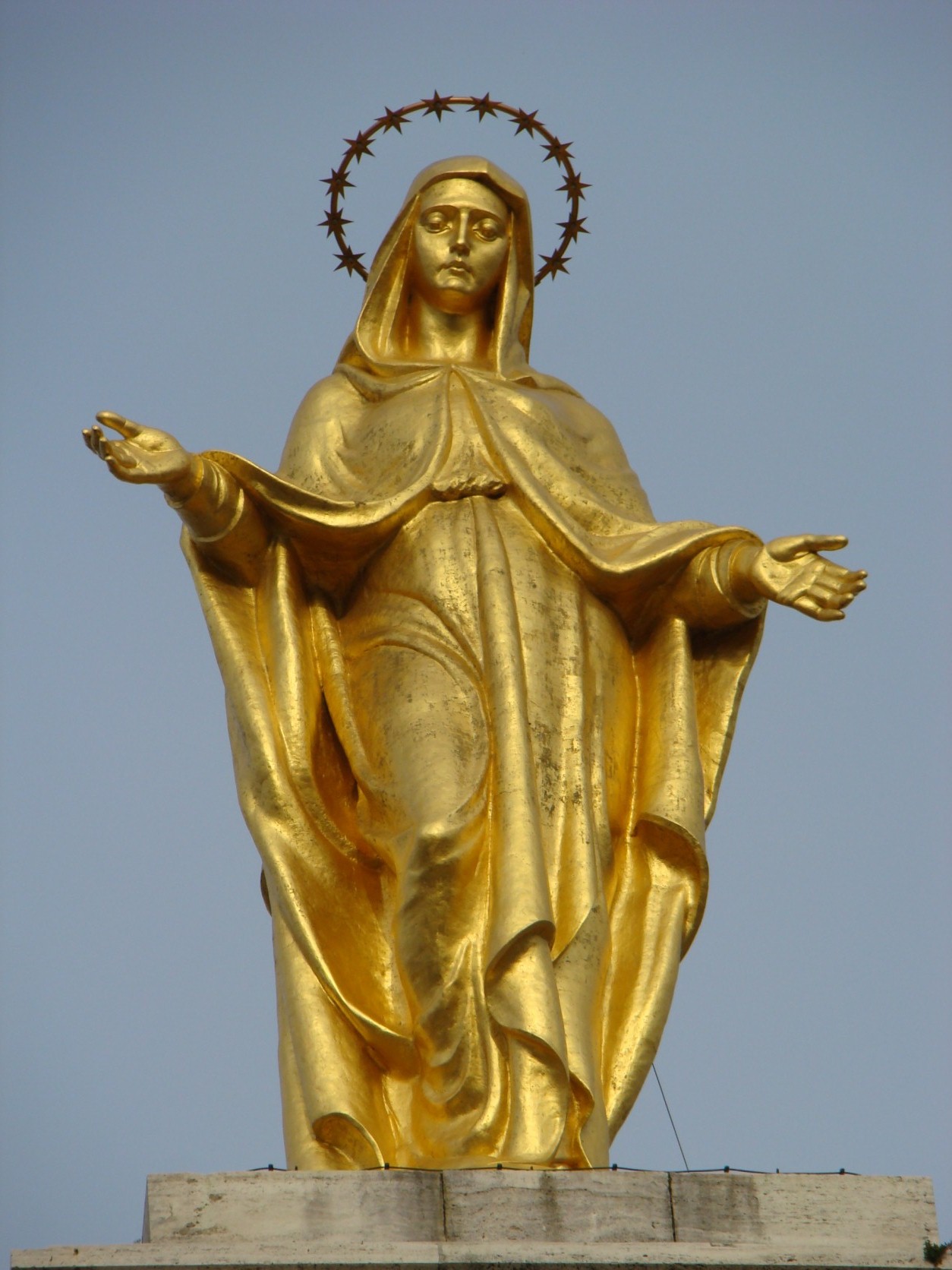
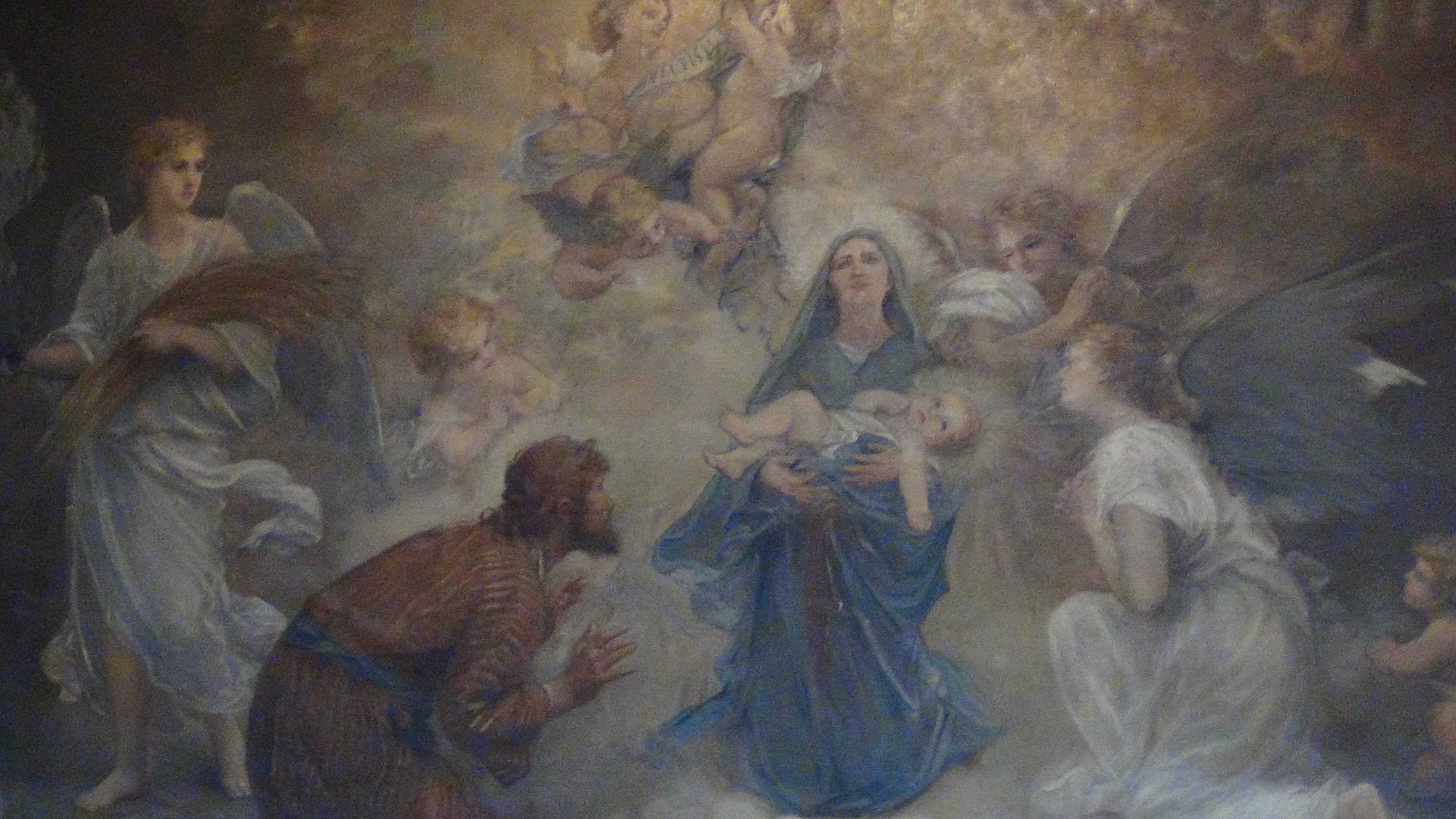
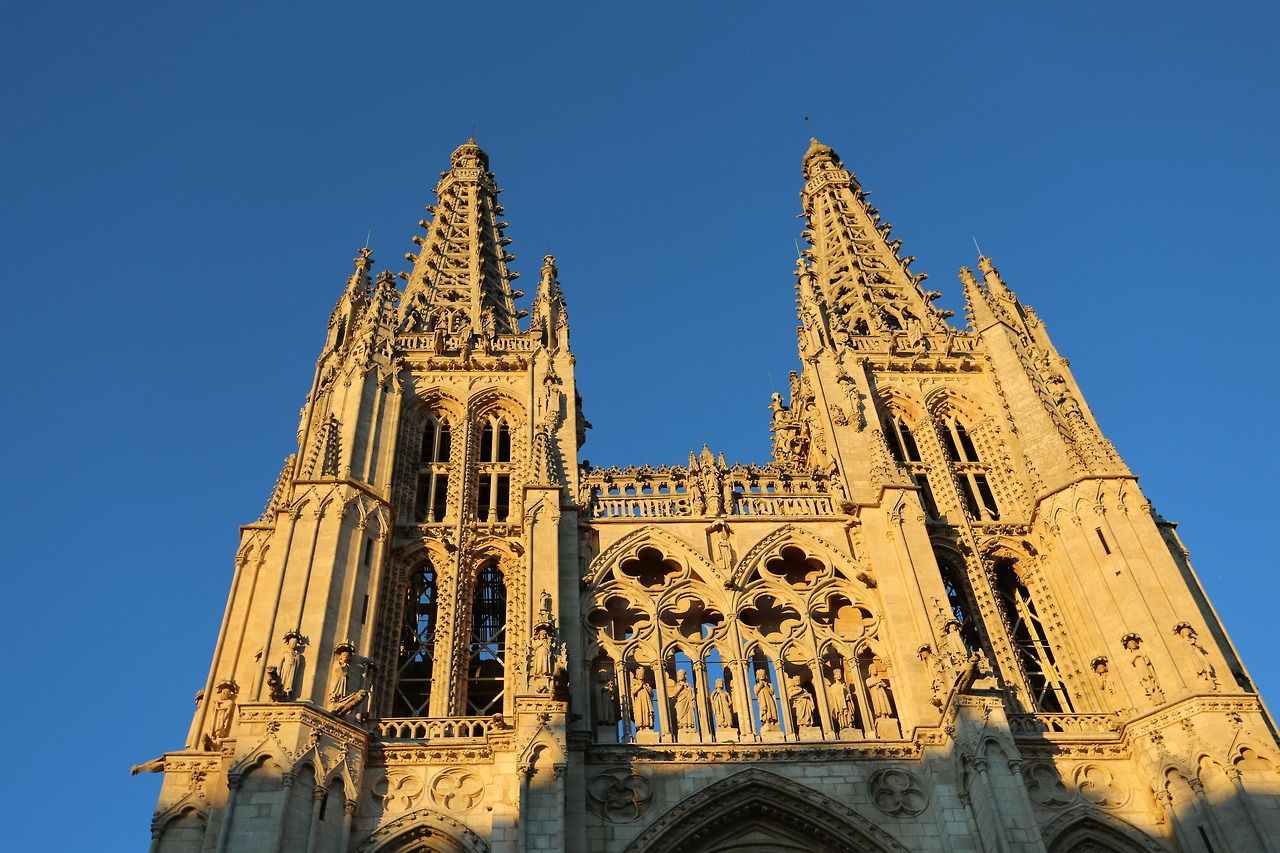

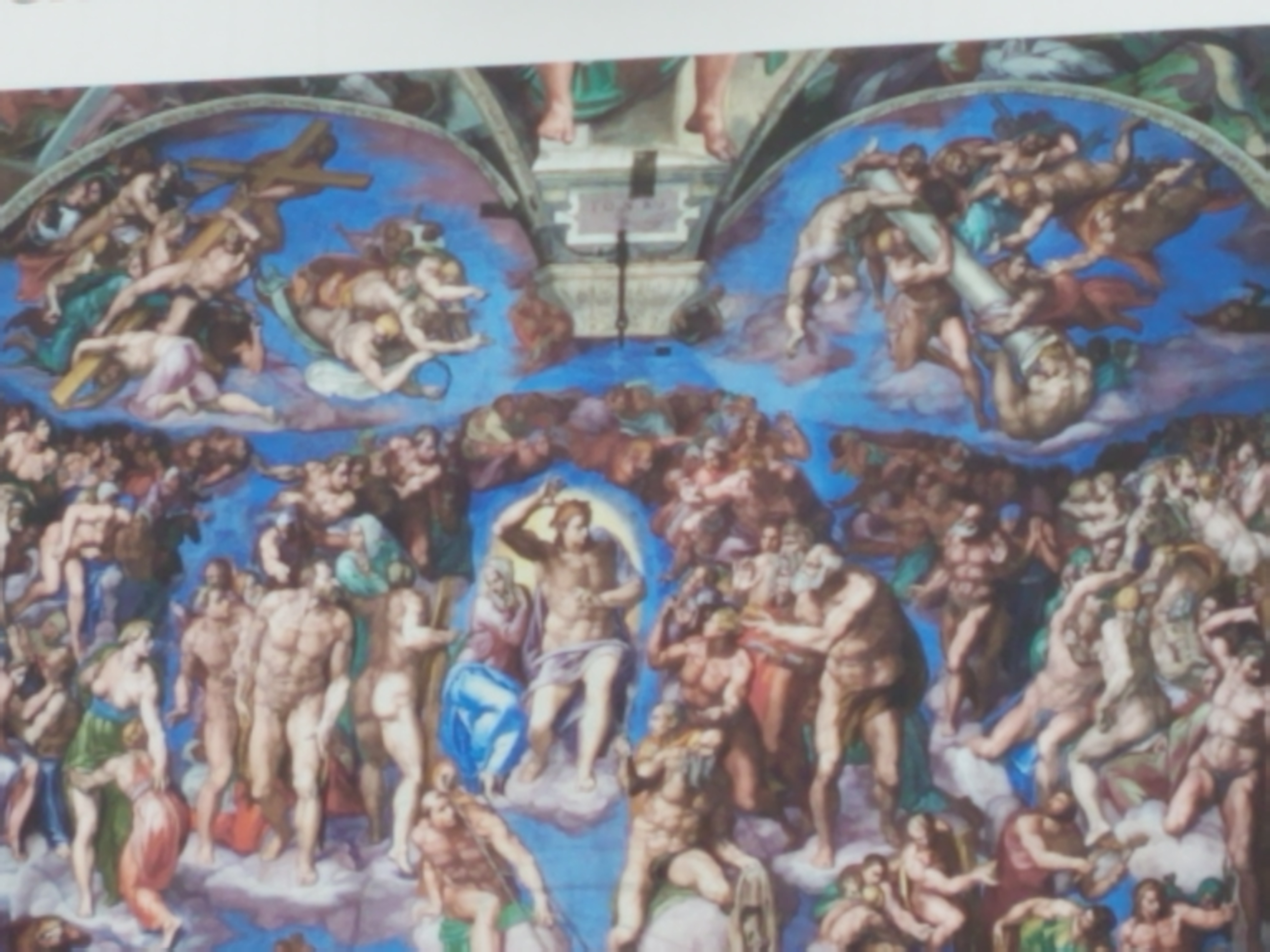



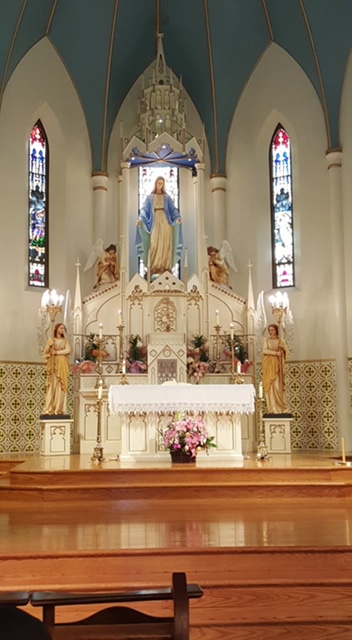

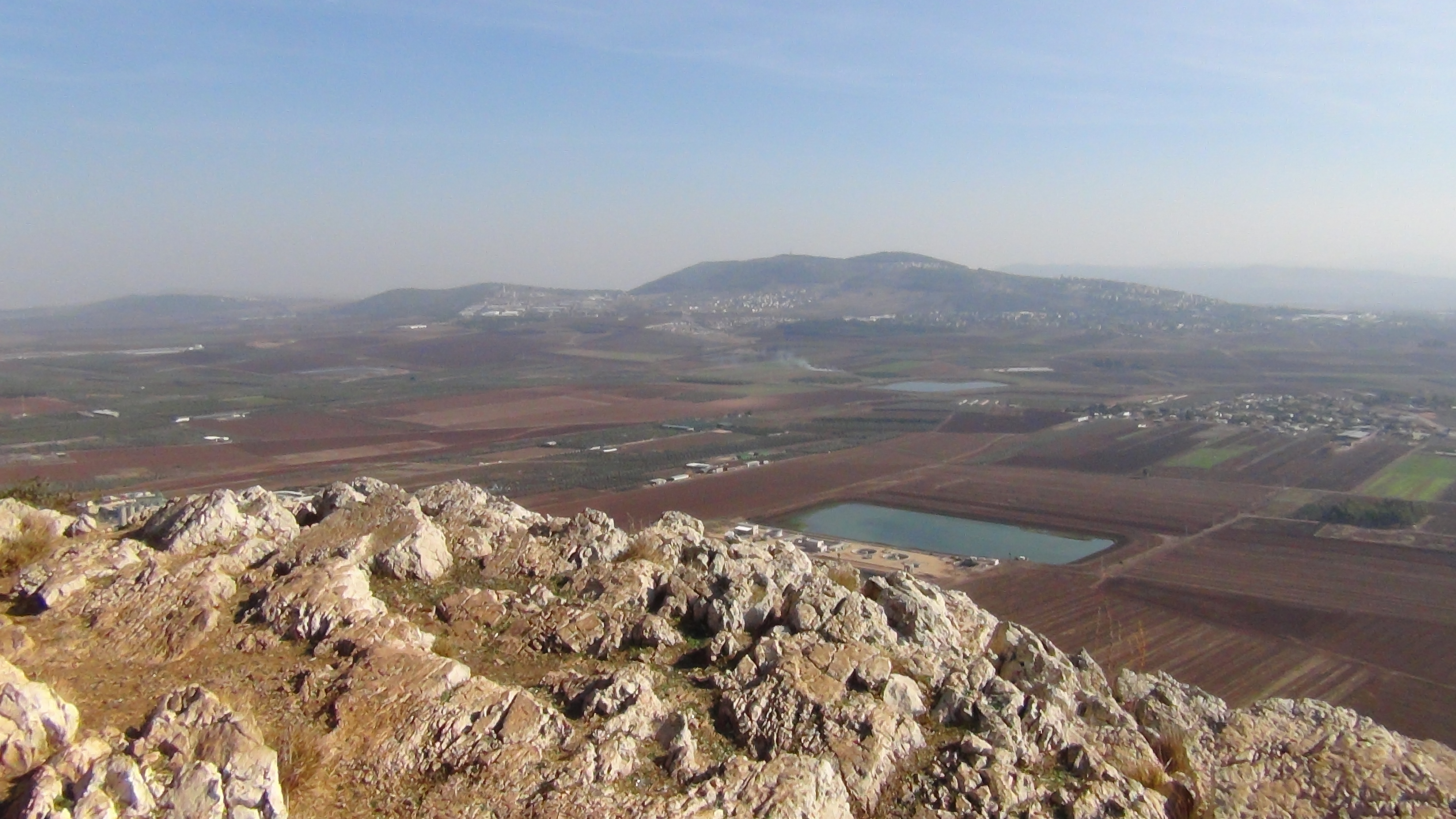



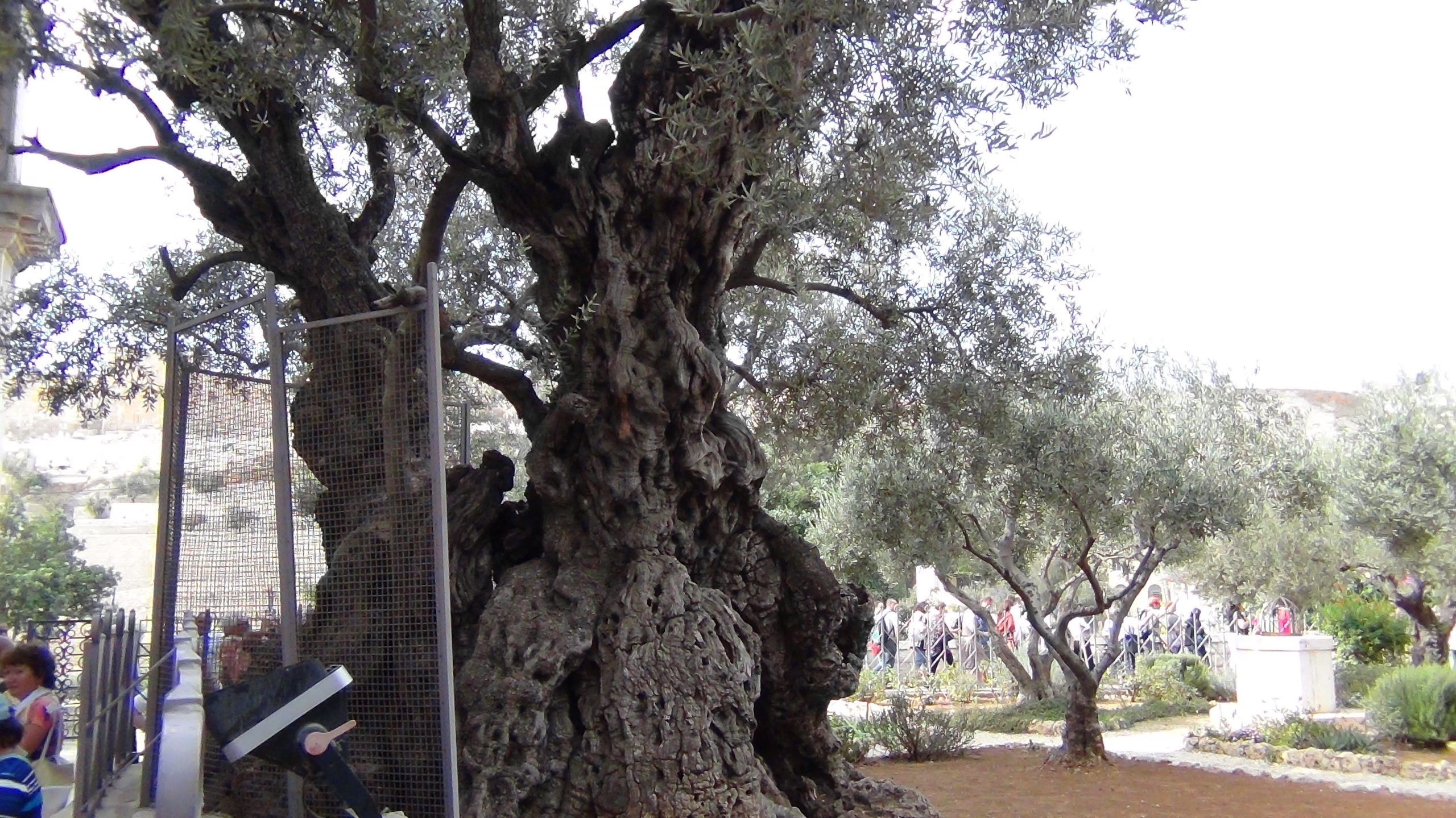

Recent Comments